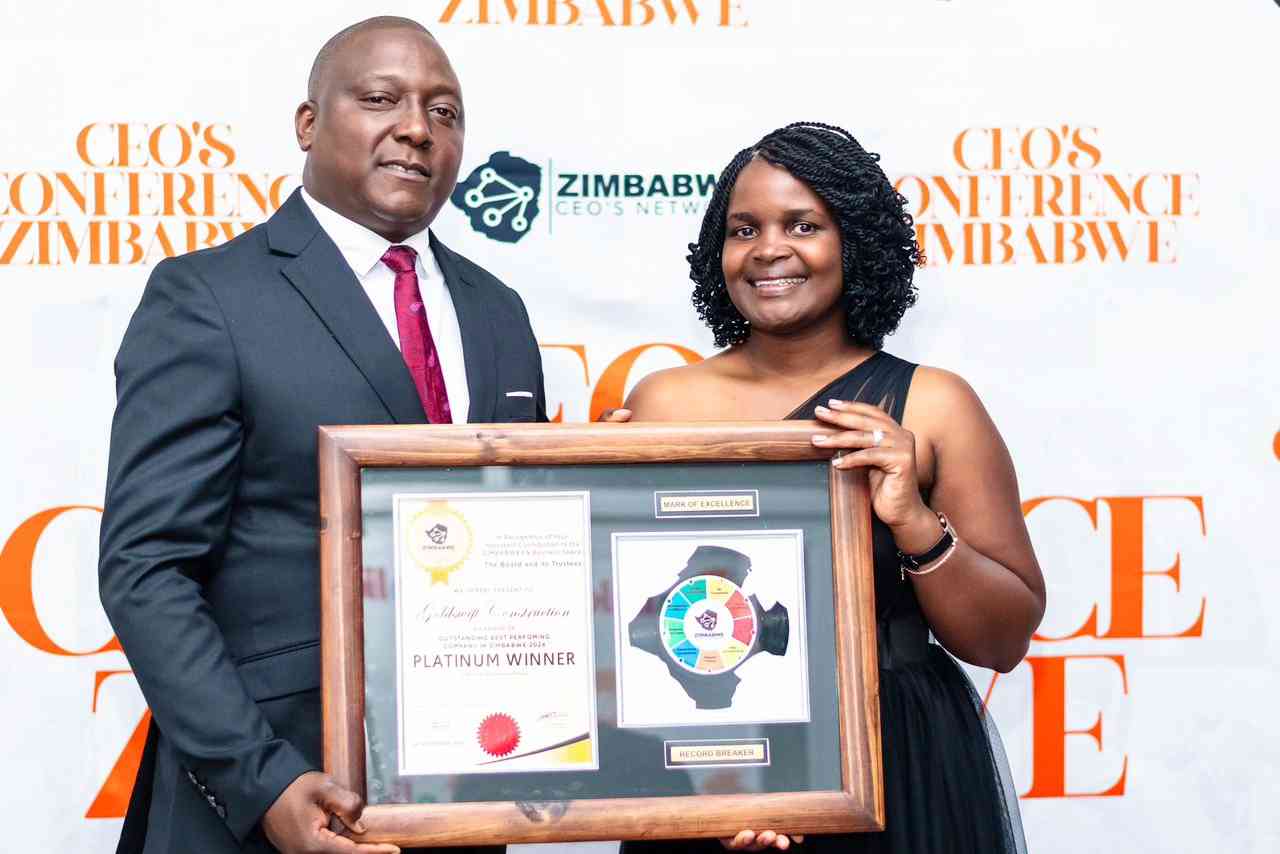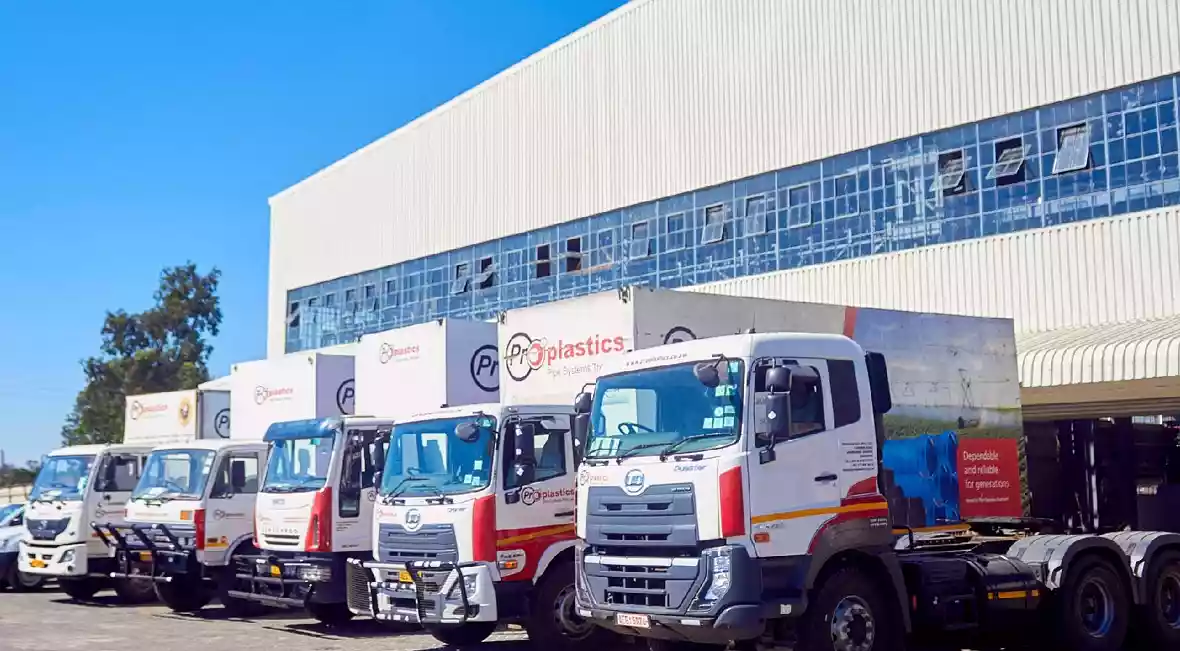
A culture of discipline is not a principle of business; it is a principle of greatness. —Jim Collins, American business consultant and author of From Good to Great
SME’s Chat with Phillip Chichoni
Econet Wireless, one of the most valuable companies in Zimbabwe, last week released an impressive set of results for the half year to August 2013.
At a time when the majority of businesses are struggling to survive, let alone grow, the mobile phone operator managed to grow revenues by 11%.
There are important lessons that owners of small to medium sized enterprises can learn from how things are done by the team in Msasa.
Grow or die Every product moves along a life cycle. The cycle starts when a new product or service is created and is offered to consumers who need it.
The product sales grow until the offering reaches market saturation. At this level there are other players also supplying the same product. Profit margins cannot be increased without increasing prices and risking losing market share.
If the business continues along this natural cycle, it reaches a point after maturity when it starts dying. Companies that continue to grow defy this cycle by launching new products to replace the old ones.
- Tarakinyu, Mhandu triumph at Victoria Falls marathon
- BCC, HCC adopt results-based ambulance services
- Water rationing looms in Bulawayo
- Ex-UK envoy roasted over ED links
Keep Reading
This way the cycle starts all over again and again. So you will find a business with many products, each at a different point on the product life cycle.
When Econet realised that its traditional source of revenue, voice calling, was inevitably going to reach the maturity level, it began introducing other services, such as broadband, EcoCash and EcoFarmer. What are you doing to replace your products and services that are reaching maturity?
Solve people’s pressing problems The most successful entrepreneurs are those who build businesses that supply products or services that solve people’s problems or significantly improve their lives. It is very easy to sell an aspirin to someone who is suffering from a headache.
In fact, the customer is the one who will look for you instead of you looking for them. Good opportunities are everywhere; but sometimes we do not find them because we are looking in the wrong places or they pass us by without us noticing.
People love to talk. Distance makes it difficult for people to talk with their loved ones or business associates. Econet managers know that very well, that is why they continue to make it easier and easier for people to talk. Now with services like Whatsapp, Facebook and Twitter, people can stay in touch cheaply no matter what distance separates them.
Now ask yourself how your products and services solve those problems that really matter to people or how they provide convenience and happiness to people. If they don’t, it might be difficult to build a sustainable business along them. Find a way of developing products that people really want and your business will last for a long time.
Carefully watch your cash flows A conservative approach to cash management is essential in these difficult conditions business is operating in. Companies are reeling from pressures ranging from falling revenues, high borrowing costs and defaulting debtors.
We have seen companies collapsing as a result of being insolvent and failing to pay their debts. Banks in Zimbabwe are carrying huge portions of non-performing loans.
The problem can be partially attributed to the harsh economic environment. However financial institutions are also to blame for failing to thoroughly scrutinise their borrowers to ensure that they are able to repay loans they advance to them. The main culprits, in my opinion, are the business owners who neglect to carefully manage their cash flows.
There is plenty of cash in this country. You can tell that by the numbers of expensive luxury goods and vehicles that are seen around. Many business owners rush to spend company money on non-essential luxuries and self-gratification without making absolutely sure that their companies can afford it.
Business owners who want to succeed in building sustainable business can learn from the way Econet management is conservative on cash spending. No dividend has been declared in the interim period and neither have any shares been purchased under the “share buy back scheme”. This is meant to conserve cash and allow the company to remain in a healthy financial state. Shareholders might not be pleased in the short-term, but the company is building a more rewarding long-term value.
I formed a discussion forum on LinkedIn where you can post your questions, comments or discussion ideas related to business. To find it, search under groups and look for SME BusinessLink; join the group and let us start sharing thoughts. If you are not sure how to join or comment, please send me an email and I will send you the simple instructions.
Phillip Chichoni is a business development consultant who works with SMEs and entrepreneurs. You may contact him by email, chichonip@smebusinesslink.com. You can also visit http://smebusinesslink.com.










